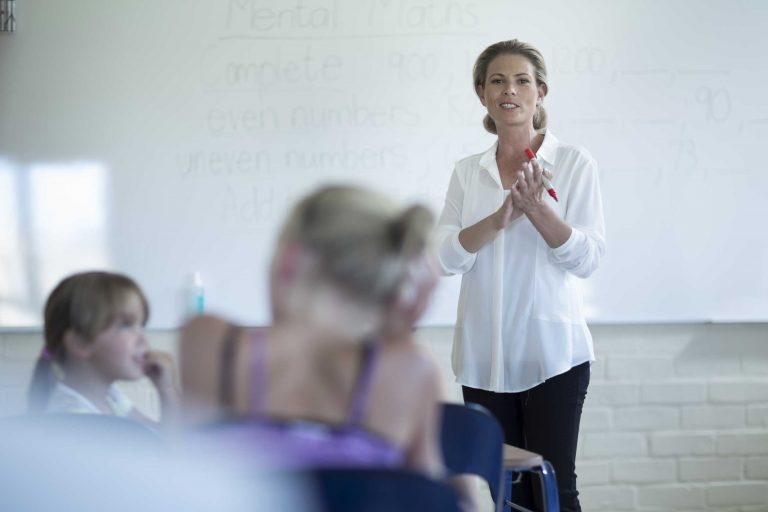Practical Strategies for Managing Adult Learners’ Diverse Needs
Balancing flexibility and structure in adult education Teaching adults means navigating a wide range of backgrounds, learning styles, and life situations. Unlike standardized school environments, adult education classrooms are often rich mosaics of diversity — culturally, experientially, and logistically. This diversity is a strength — but it also requires skillful management. Striking the right balance…




